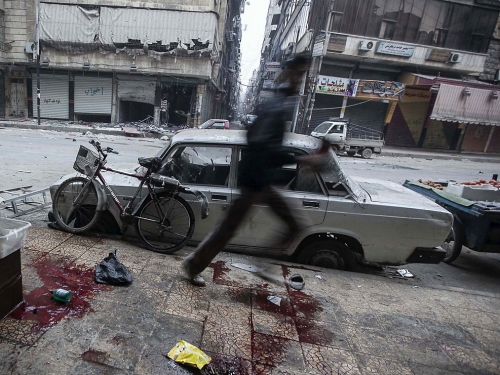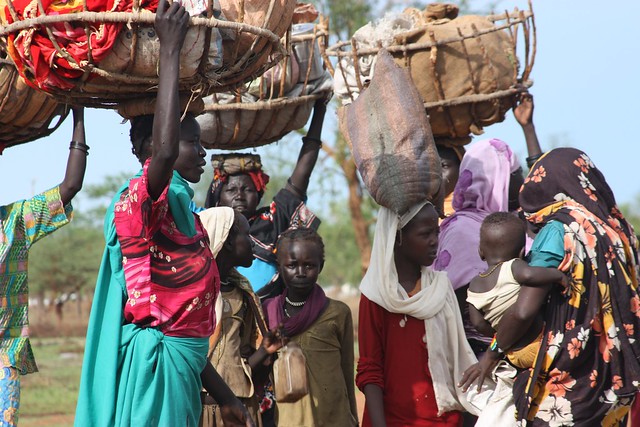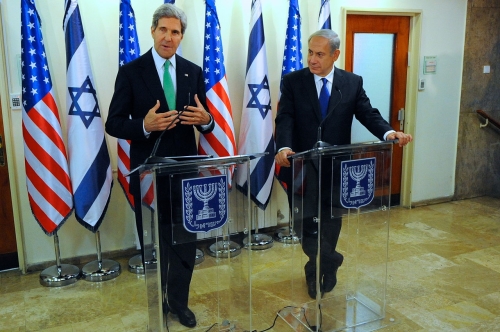
The conflict in Syria is entering its fifth year, and the Syrian suffering continues. In the last week it was reported that the so-called “Islamic State” (IS) had attacked the Khabur region in the northeast of the country, kidnapped more than two hundred Assyrian Christians, including women and children, destroyed churches and provoked a mass exodus from these communities.
According to the United Nations High Commissioner for Refugees, António Guterres, the Syrian situation is “the most dramatic humanitarian crisis the world has faced in a very long time.” Syrians are now the largest refugee population under UNHCR’s mandate. Further, more than 6.5 million Syrians are internally displaced persons (IDPs). Together, refugees and IDPs account for 40 per cent of the country’s pre-conflict population, and at least half of that number is children.




